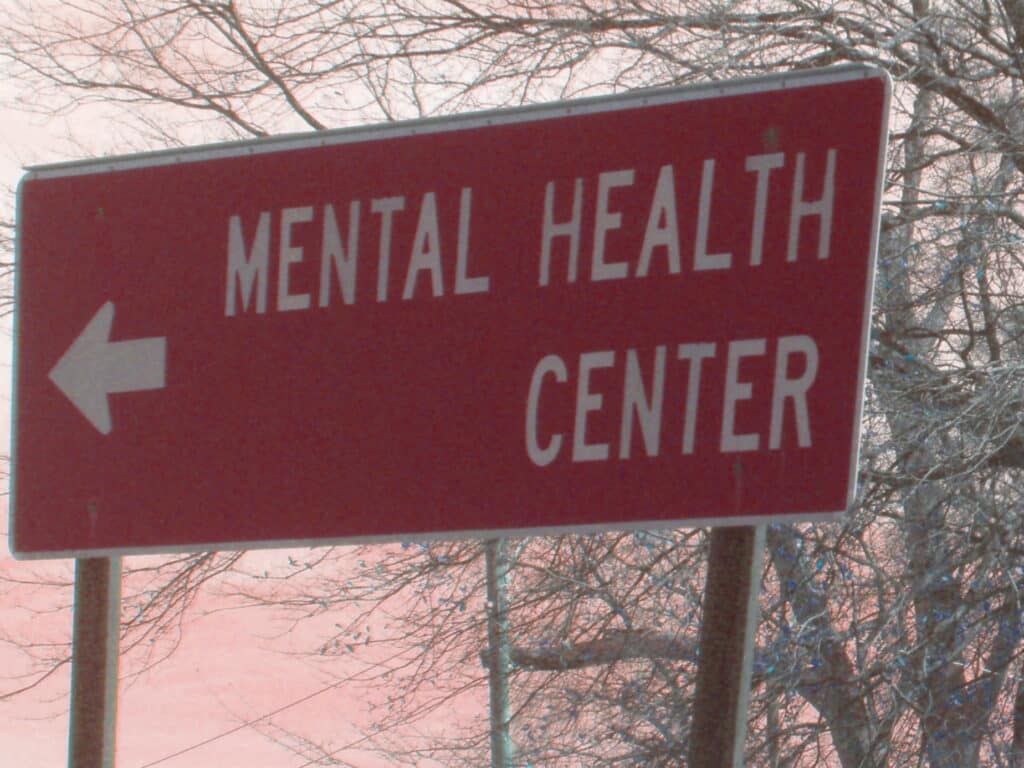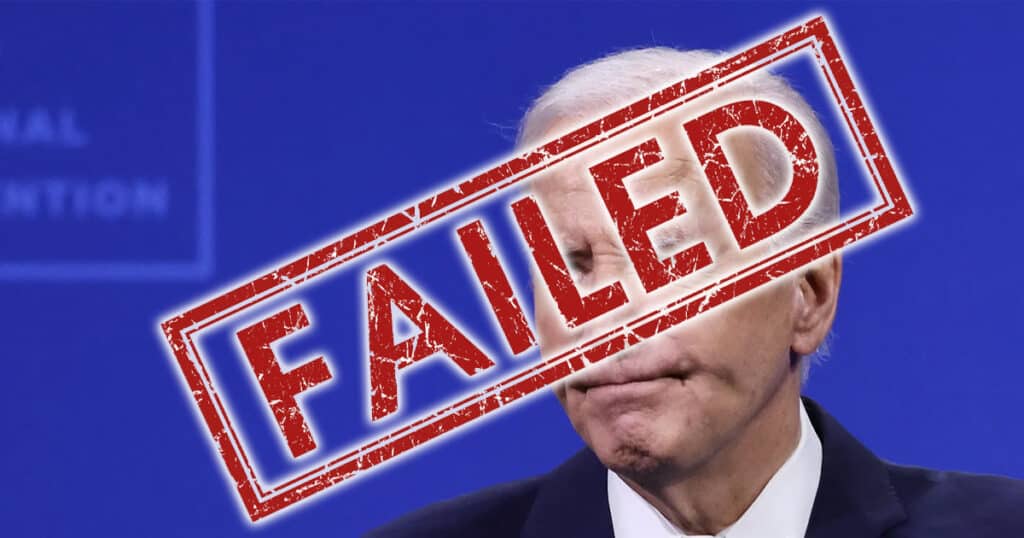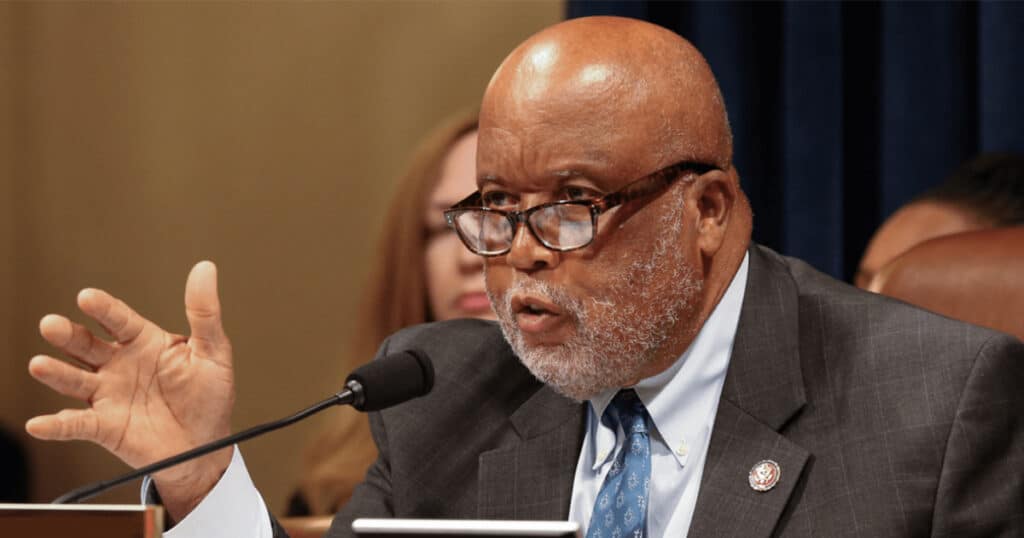
New York’s Predictable Post-COVID Mental Health Crisis
Didn’t conservatives predict four years ago that blue states that imposed the most extreme and draconian COVID-19 restrictions were most at risk of causing a massive mental health crisis?
Well….chalk this up to yet another ‘See, we told you so.’
New York State Comptroller Thomas P. DiNapoli, in a new report, admitted as much.
“COVID-19 affected both inpatient psychiatric capacity and the frequency of mental illness among New Yorkers. When the pandemic first hit, community hospitals in New York City closed inpatient psychiatric beds in order to accommodate COVID patients, while the numbers of New Yorkers needing mental health services reached new heights,” DiNapoli wrote.
RELATED: Tracing Next COVID-19 Has Unreasonable Price
“Medicaid data indicate declining psychiatric inpatient services, while the number of Medicaid enrollees receiving outpatient and residential services increased. In addition, telehealth services became more widely available. This may indicate a trade-off in service utilization due to a lack of capacity at inpatient centers, suggesting some New Yorkers may not be receiving the level of care they need, leaving them vulnerable to an escalating crisis that can have devastating consequences due to the lack of an available bed.”
The federal Substance Abuse and Mental Health Services Administration (SAMHSA) said 21.1 percent of New Yorkers aged 18 and over had a mental illness in 2021-2022. This equates to more than 3.2 million New Yorkers. The problem is most pronounced for people ages 18 to 25, for whom fully 30 percent were estimated to have a mental illness.
IN THE NEWS: First of its Kind Report Explains How Much Fraud Costs Taxpayers
The World Health Organization (WHO) blamed unprecedented stress levels during the pandemic on social isolation and government constraints on people’s ability to work for a living.
“Loneliness, fear of infection, suffering and death for oneself and for loved ones, grief after bereavement and financial worries have also all been cited as stressors leading to anxiety and depression,” according to the WHO.
“Among health workers, exhaustion has been a major trigger for suicidal thinking.”
Special thanks to Warhammer’s Wife proofreading this story before publication to make certain there were no misspellings, grammatical errors or other embarrassing mistakes and/or typos. Follow Warhammer on Twitter @Real_Warhammer. Also follow Warhammer on TruthSocial at @Real_Warhammer



